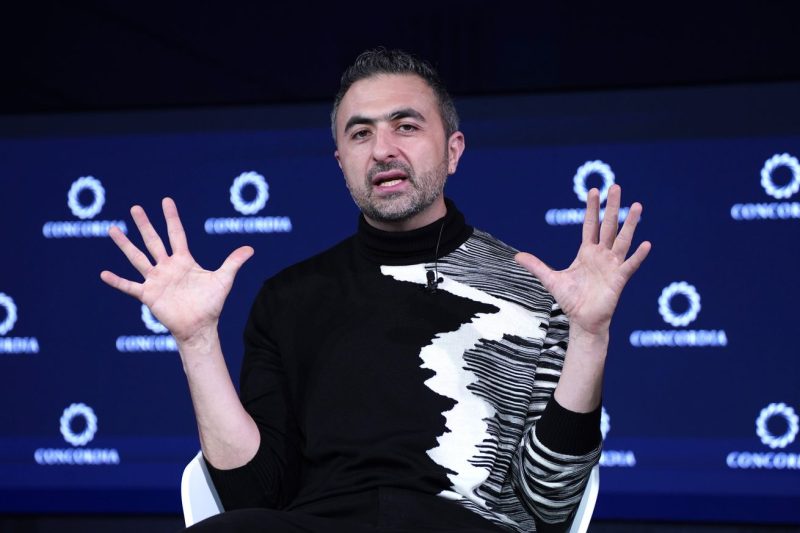In a recent interview, Microsoft’s AI boss expressed a controversial viewpoint on the ethical implications of using content from the open web. The executive, whose role involves overseeing the development and implementation of artificial intelligence technologies within Microsoft, argued that it is perfectly acceptable to steal content as long as it is freely available on the internet. This stance has sparked a debate on the boundaries of intellectual property rights and the responsibilities of tech giants in ensuring ethical practices.
The executive’s perspective, although provocative, raises important questions about the evolving nature of digital content and information sharing in the age of the internet. While the open web provides unprecedented access to a vast array of resources and knowledge, it also presents challenges in terms of ownership and attribution. The notion of stealing content, even if it is publicly accessible, suggests a disregard for the rights of content creators and the value of their work.
One of the key arguments in favor of this viewpoint is the principle of information freedom and the democratization of knowledge. Advocates of unrestricted access to online content argue that imposing strict limitations on the sharing and use of information hinders the free flow of ideas and inhibits innovation. From this perspective, leveraging content from the open web for various purposes, including AI development, can be seen as a way to harness collective intelligence and foster creativity.
However, the opposing side of the debate emphasizes the importance of respecting intellectual property rights and upholding ethical standards in the digital realm. Content creators invest time, effort, and resources into producing original works, and they have a legitimate interest in controlling how their creations are used and distributed. By condoning the stealing of content, even within the context of the open web, there is a risk of devaluing creative output and undermining the incentive for innovation.
Moreover, the executive’s comments underscore the broader ethical considerations surrounding the responsibilities of companies like Microsoft in shaping the digital landscape. As technology continues to advance at a rapid pace, there is a growing need for ethical frameworks and guidelines to govern the development and deployment of AI and other emerging technologies. Upholding principles of fairness, transparency, and accountability is essential to ensure that tech companies operate in a manner that benefits society as a whole.
In conclusion, the debate sparked by Microsoft’s AI boss’s controversial remarks highlights the complex interplay between digital content, intellectual property rights, and ethical practices in the internet age. While the open web offers unprecedented opportunities for sharing and accessing information, it also poses challenges in terms of respecting ownership and fostering ethical behavior. Moving forward, it is crucial for tech companies, policymakers, and society at large to engage in constructive dialogue and establish clear guidelines to navigate these issues and ensure a digital environment that promotes innovation while upholding ethical standards.

